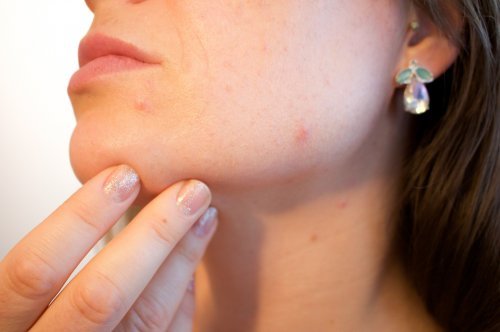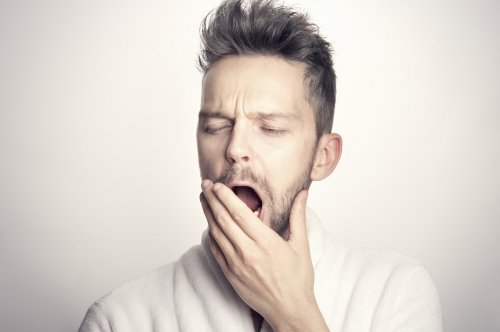The Vicious Cycle: Alcohol and Depression

Alcohol and depression often go hand in hand, creating a vicious cycle that can be difficult to break. Many people turn to alcohol as a means of coping with their depression, only to find that their drinking actually exacerbates their symptoms. In turn, the worsening depression can lead to increased alcohol consumption, perpetuating the cycle.
Depression is a serious mental health condition that affects millions of people around the world. It is characterized by persistent feelings of sadness, hopelessness, and worthlessness, as well as a loss of interest in activities that were once enjoyable. Depression can be caused by a variety of factors, including genetics, life events, and chemical imbalances in the brain.
Alcohol, on the other hand, is a depressant that slows down the central nervous system and can cause feelings of relaxation and euphoria. While drinking in moderation may not cause harm, excessive alcohol consumption can have serious negative effects on mental health, including depression.
One of the ways that alcohol can contribute to depression is by interfering with the neurotransmitters in the brain. These chemicals are responsible for regulating mood, and when they are disrupted by alcohol, it can lead to feelings of depression and anxiety. Additionally, alcohol can cause changes in the brain that make it more difficult for individuals to cope with stress and anxiety, further exacerbating their symptoms.
Furthermore, individuals with depression may be more likely to use alcohol as a form of self-medication. Alcohol can provide temporary relief from feelings of sadness and anxiety, but it ultimately makes the depression worse in the long run. Additionally, alcohol use can interfere with medication that is prescribed for depression, making it less effective.
Breaking the cycle of alcohol and depression can be challenging, but it is possible with the right treatment and support. Treatment may involve a combination of therapy, medication, and support groups. Individuals may also benefit from lifestyle changes, such as exercise and healthy eating, that can improve their overall mental and physical health.
It is important to seek help if you or someone you know is struggling with alcohol and depression. The sooner you seek treatment, the better your chances of breaking the cycle and achieving a full recovery. With the right support, it is possible to overcome alcohol and depression and lead a healthy, fulfilling life.













